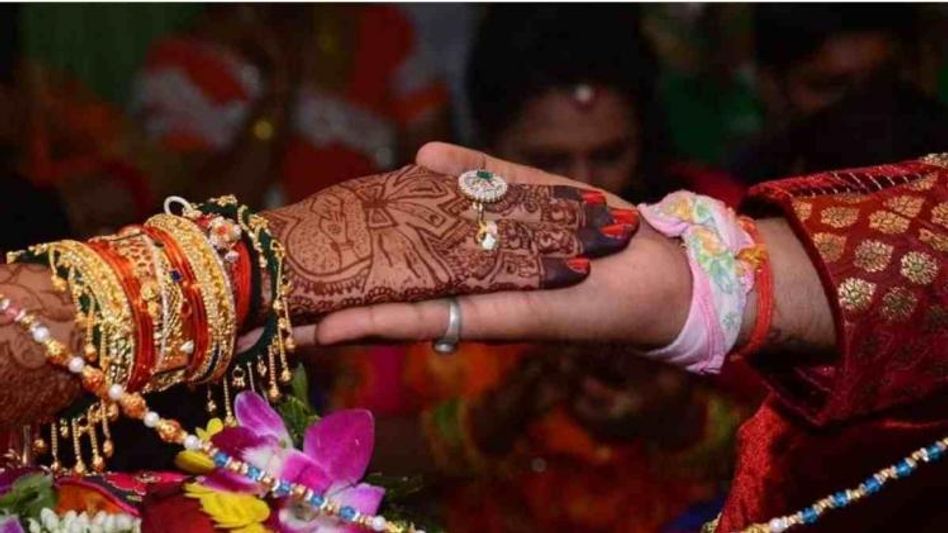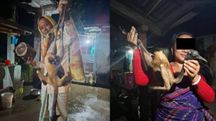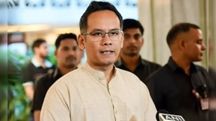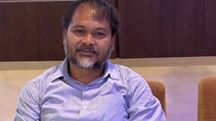Criminalizing child marriage is not the solution, need to address causes, says Assam women rights activists
More than 3,000 people have been detained so far in Assam on suspicion of being involved in child marriage and are being held in makeshift jails, prompting demonstrations from women who were outraged that the only breadwinners in their families were being detained
 Representative image
Representative imageThe recent arrests of over 3,000 people allegedly involved in child marriages in the state has received a mixed reaction from Assam women's right activists, as they are raising their voice against the state government and asserting that criminalizing a large section of the young population is not the solution
More than 3,000 people have been detained so far in Assam on suspicion of being involved in child marriage and are being held in makeshift jails, prompting demonstrations from women who were outraged that the only breadwinners in their families were being detained.
Talking exclusively to India Today NE, Anurita Pathak Hazarika, a women's rights activist said, “everyone is concerned about a child and early marriages and there has to be an end to it. The tool that is now being used is impacting women and girls adversely given their marginalized status in society. Important to look at the issues from a strong gender lens. "
“There's fear, threat, mistrust anxiety is at multiple levels. Stakeholders like ASHA, social workers, VDP, and Anganwadi workers are suspected by the community. This will impact access to health care, education, etc. above all, the psychological impact on women and children is long-term. Women are vulnerable, and will be subjected to further abuse, neglect, blame game, and marginalization”, she added.
Hazarika also asserted that “it is important to address inequality in a patriarchal society like ours. Institutionalise in school curriculum to generate awareness from an early age. The prevention and eradication has to be prospective, not retrospective”.
"It is a sociological issue that has to be tackled and not just by a single bullet situation. I don't think retrospective punishment and doing it in such a high-handed way will not going to help. It is creating a lot of problems mainly for women and children in the community. Yes, we need to punish but in a preventive way. Without addressing issues like why child marriage happened in the first place, just criminalizing child marriage is not going to take us a very long way. We have to look at the causes like is it poor education, poverty, safety, and others”, Jenifer Liang, a feminist and activist from Assam told this publication.
“There should be proper monitoring of these laws from the beginning. And all of a sudden, the government cannot criminalize 3000 people overnight. This is a social issue, it cannot be termed a criminal offense. If it is considered a criminal offense, that means we are criminalizing a large section of the young population. Without considering the socio-economic condition, one cannot just apprehend people. Here we are not considering the choice of the girls, the government just took a decision overnight. It needs lots of awareness, a proper system should be there like who is responsible for this implementation and all”, said Bondita Acharya, a women activist from the state.
Copyright©2025 Living Media India Limited. For reprint rights: Syndications Today









